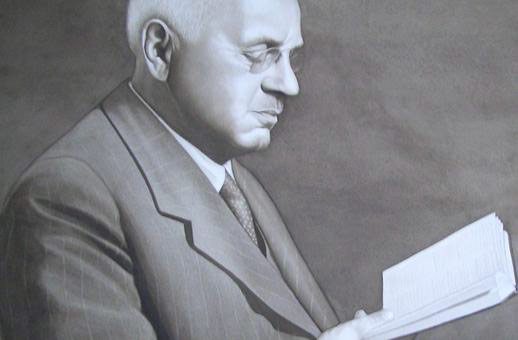Who Is Alfred Adler?
Tags: Adler, mental health
(Originally posted June 20, 2007)
Last night, I had the honor of being the keynote speaker for the 10th anniversary AGM for Muskoka Family Services.
I was sharing some of Alfred Adler’s ideas about mental health and social equality, including the courage to be imperfect, hoping these ideas might be helpful to this organization that works to support children in a multitude of capacities.
After my talk, the executive director shared that he felt they embraced the Adlerian ideas I shared without knowing that they were Adlerian. How often I hear this! Adlerian thoughts are everywhere, but his name goes unrecognized. Adler predicted this about himself and was never interested in fame. Somehow I feel a great sense of loyalty to Adler and feel I need to keep his name alive.
I thought I would list a concise version of Adler’s Theory for those who want the thumbnail sketch.
Alfred Adler (1870 – 1937)
Alfred Adler was a physician, psychiatrist, philosopher, humanitarian, author and educator who lived in a vibrant time alongside Jung and Freud, in turn-of-the-century Vienna. Ironically, of these three influential thinkers, only Adler’s name has not been remembered, yet it is his original thinking that has gone on to be the most adopted, applied and borrowed. We see his teachings today in parent education, school classrooms, counselling, psychotherapy, public health, business and the arts.
Principles of Adlerian Psychology
- People are social beings. They need to belong and contribute.
- People are whole beings; all aspects of life are interrelated.
- Work, friendship, and intimacy are lifelong tasks.
- Every person is equally deserving of dignity and respect.
- All behavior serves a purpose.
- A positive change comes from encouragement that focuses on strengths.
- Children make meaning of their early experiences and act within this framework throughout their lives.
- Personal freedoms exist together with social responsibility.



Leave a Reply